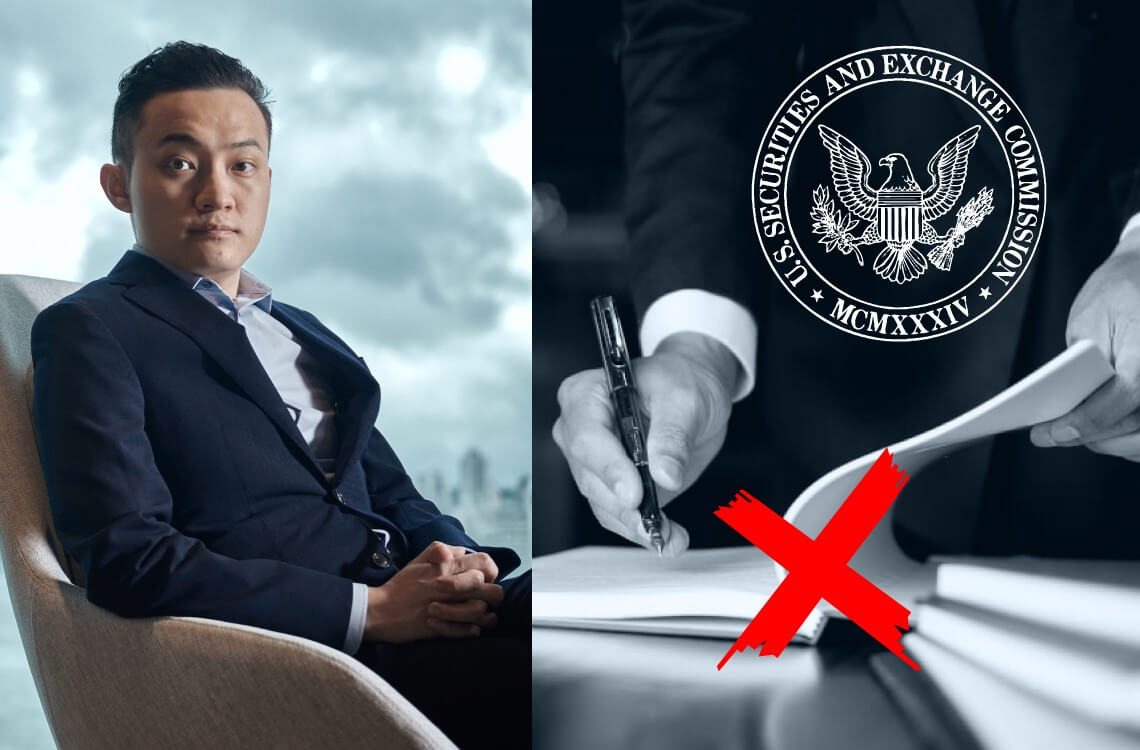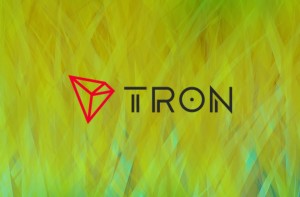Cryptocurrency entrepreneur Justin Sun has hit back at the Securities and Exchange Commission (SEC) after the regulatory body charged him and three of his companies with the unregistered sale of Tron (TRX) and BitTorrent (BTT) securities, fraudulent manipulation of the secondary market for TRX through wash trading, and orchestrating a scheme to pay celebrities to promote TRX and BTT without disclosing their compensation.
In a Twitter post on March 23, Justin declared that the SEC’s complaint lacks merit and is the latest in a series of actions taken by the regulator against prominent figures in the blockchain and crypto industry.
Justin also emphasized that his team will continue to build the most decentralized financial system and expressed his eagerness to collaborate with governments and regulatory bodies worldwide to establish transparent guidelines for regulating and working with the cryptocurrency industry.
SEC’s charges against Justin and his companies
The SEC’s complaint, filed in the U.S. District Court for the Southern District of New York, alleges that Sun and his companies offered and sold TRX and BTT as investments through multiple unregistered “bounty programs,” which directed interested parties to promote the tokens on social media, join and recruit others to Tron-affiliated Telegram and Discord channels, and create BitTorrent accounts in exchange for TRX and BTT distributions.
The complaint further alleges that Justin Sun, BitTorrent Foundation, and Rainberry offered and sold BTT in unregistered monthly airdrops to investors, including in the United States, who purchased and held TRX in Tron wallets or on participating crypto asset trading platforms.
According to the complaint, each of these unregistered offers and sales violated Section 5 of the Securities Act. The Commission also alleges that Justin violated the antifraud and market manipulation provisions of the federal securities laws by orchestrating a scheme to artificially inflate the apparent trading volume of TRX in the secondary market.
Justin holds his head high
Despite the SEC’s allegations, Justin remains confident that the complaint lacks merit. In his Twitter post, he notes that the SEC’s regulatory framework for digital assets is still in its infancy and requires further development.
He also expressed his willingness to collaborate with regulatory bodies worldwide to establish transparent guidelines for regulating and working with the cryptocurrency industry.
Justin’s response to the SEC charges highlights the importance of establishing clear regulatory frameworks for the crypto industry. As the industry continues to grow and evolve, regulators will need to work closely with industry players to ensure that investors are protected and that the industry can continue to innovate and expand.
The SEC’s charges against Justin Sun and his companies are just the latest example of the regulatory body’s crackdown on the crypto industry.
In recent years, the SEC has targeted a number of prominent figures and companies in the industry, including Ripple Labs, Binance, Telegram, Kik Interactive, and Coinbase, over allegations of securities fraud and the unregistered sale of securities.
The SEC’s actions have underscored the need for clear regulatory guidelines for the industry. While some industry players have called for self-regulation, others have argued that government and regulatory bodies must take a more active role in shaping the industry’s regulatory framework.





